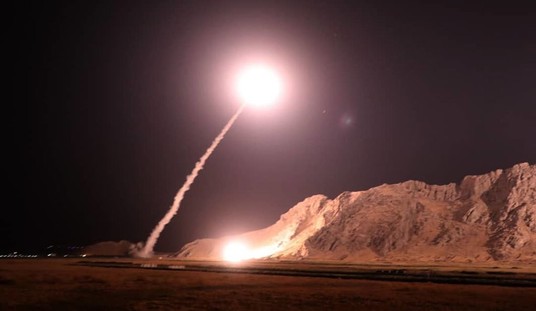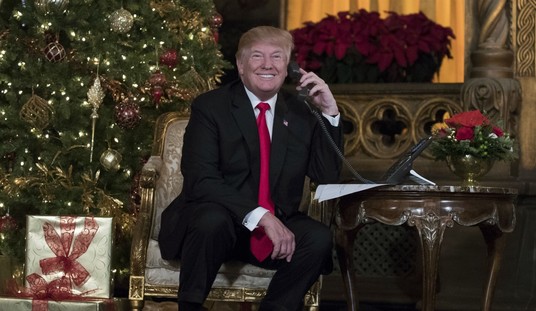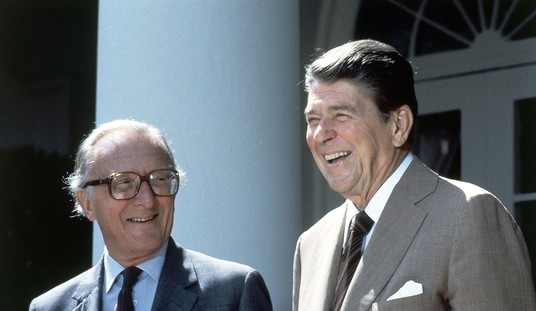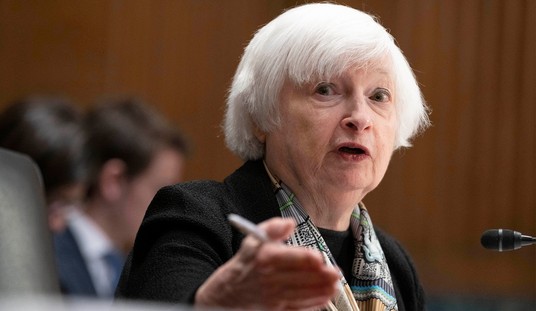
We all know that in early May of 2016, then-FBI Director James Comey wrote a draft of an letter exonerating Hillary Clinton in their “Midyear Exam” investigation. We also know that this draft was written two months before the FBI had even interviewed Hillary or any other witnesses involved in the case. Comey has testified that Hillary “was not sworn in and that the interview was not recorded.”
After Comey had written the draft, he sent an email to several of his colleagues to test the language. The recipients included then-FBI Deputy Director Andrew McCabe, then-FBI General Counsel James Baker and then-Chief of Staff and Senior Counselor James Rybicki.
In a recently released transcript of McCabe’s December 2018 closed-door Congressional testimony, then-House Judiciary Committee Chairman Bob Goodlatte read Comey’s email.
(Note: These transcripts were released three weeks ago, but this issue was not addressed by the media.)
The penultimate paragraph of the May 2 draft reads as follows: Accordingly, although the Department of Justice makes final decisions on matters such as this, I am completing the investigation by expressing to Justice my view that no charges are appropriate in this case.
Goodlatte pointed out that, “This paragraph is virtually identical to what Director Comey eventually said more than 2 months later on July 25, 2016, in recommending no charges against Secretary Clinton. It seems to confirm that the FBI, including the Director, had made up its mind not to charge Secretary Clinton before interviewing her.”
McCabe responded, “It may seem that way reading it now. But I know that Director Comey had not made up his mind at that time.”
He was asked if Comey had “tested language” for a statement to be used in the event the FBI were to recommend charges against Hillary and McCabe said no.
McCabe was then questioned by Rep. Mark Meadows (R-NC) and his answers told a different story. Here is the exchange.
Meadows: So is this common practice, in normal investigations of every type, to do a memo 2 months ahead of time to lay out what you’re going to say with a conclusion? So let’s take it outside of this particular person. How many other times does that happen?
McCabe: No, sir, it’s not common.
Meadows: So this is a unique situation where he did it this one time?
McCabe: This is the only time I am aware of, sir…
Meadows: Is this case so unique that you would have a prepared document 2 months ahead of interviewing the witness? Is that normal protocol within the FBI?
McCabe: It is not normal protocol within the FBI to release a statement about a case —
Meadows: That’s not the question I asked, Mr. McCabe.
McCabe: We believed we were going to —
Meadows: Is it normal protocol — is it normal protocol to draft a letter by the FBI 2 months before you interviewed the witness to draw a conclusion? Is that normal protocol?
McCabe: I have not seen that before, sir.
Meadows: So your answer is no, it’s not normal protocol?
McCabe: I’m not aware of that protocol. I’ve never seen that. I haven’t been through an experience like this in the pendency of my career. So, no, I’ve never seen that before.
Meadows: I yield back.
We’ll take that as a no.
Meadows spoke to Fox News’ Maria Bartiromo on Sunday, and indicated there would be a delay in DOJ Inspector General Michael Horowitz’ report because new information has come to his attention. He also said he expected criminal referrals.
Hmmm.













Join the conversation as a VIP Member